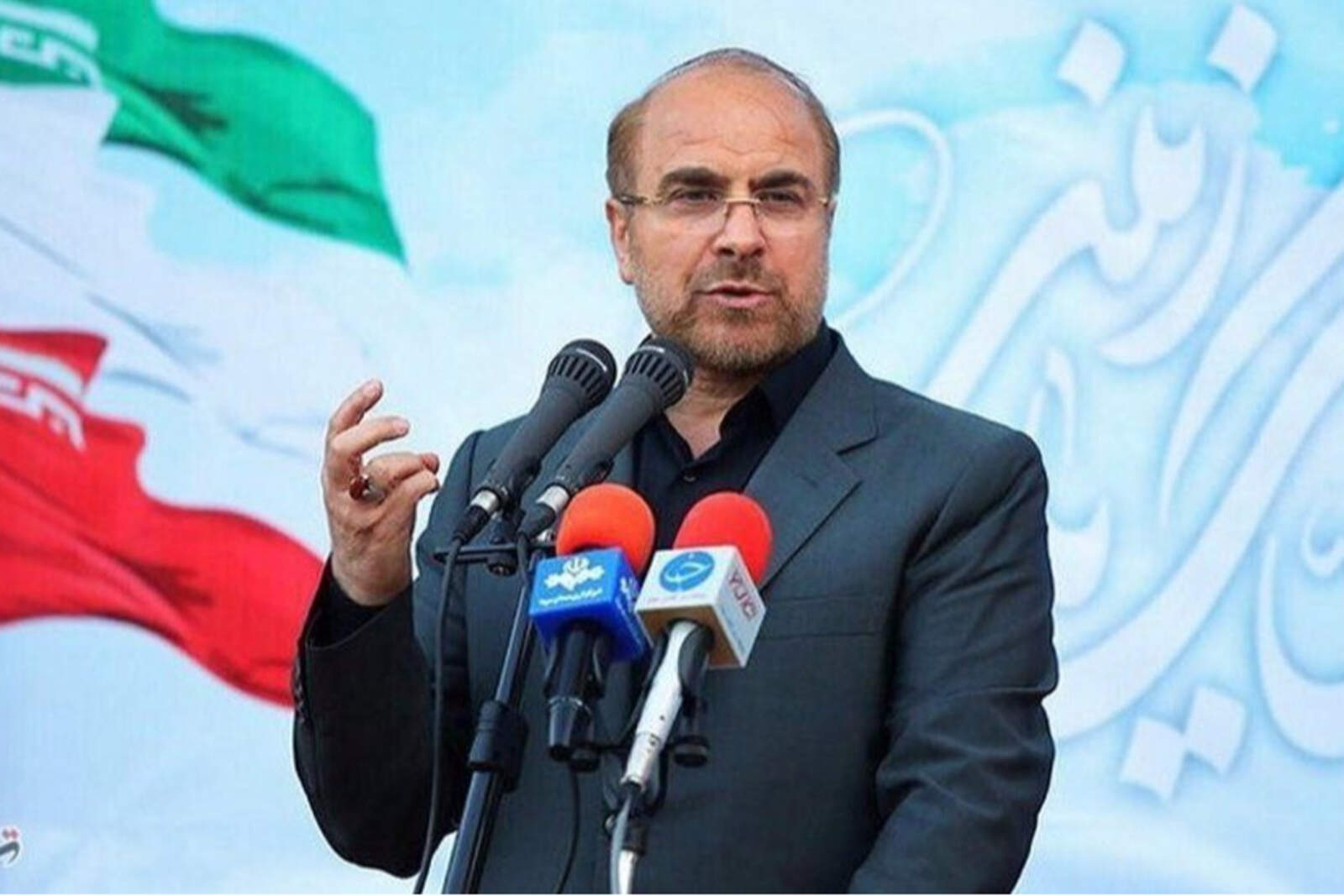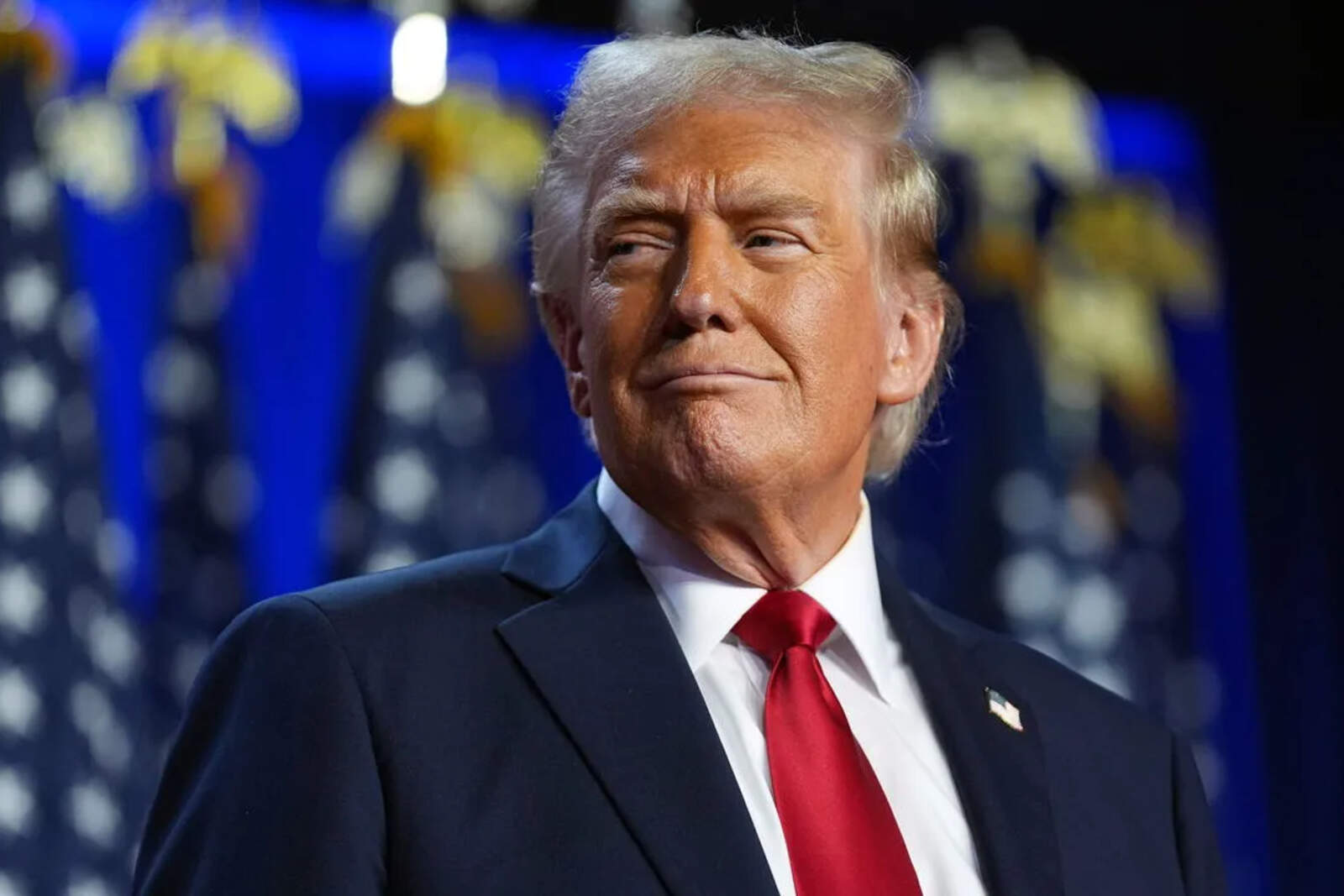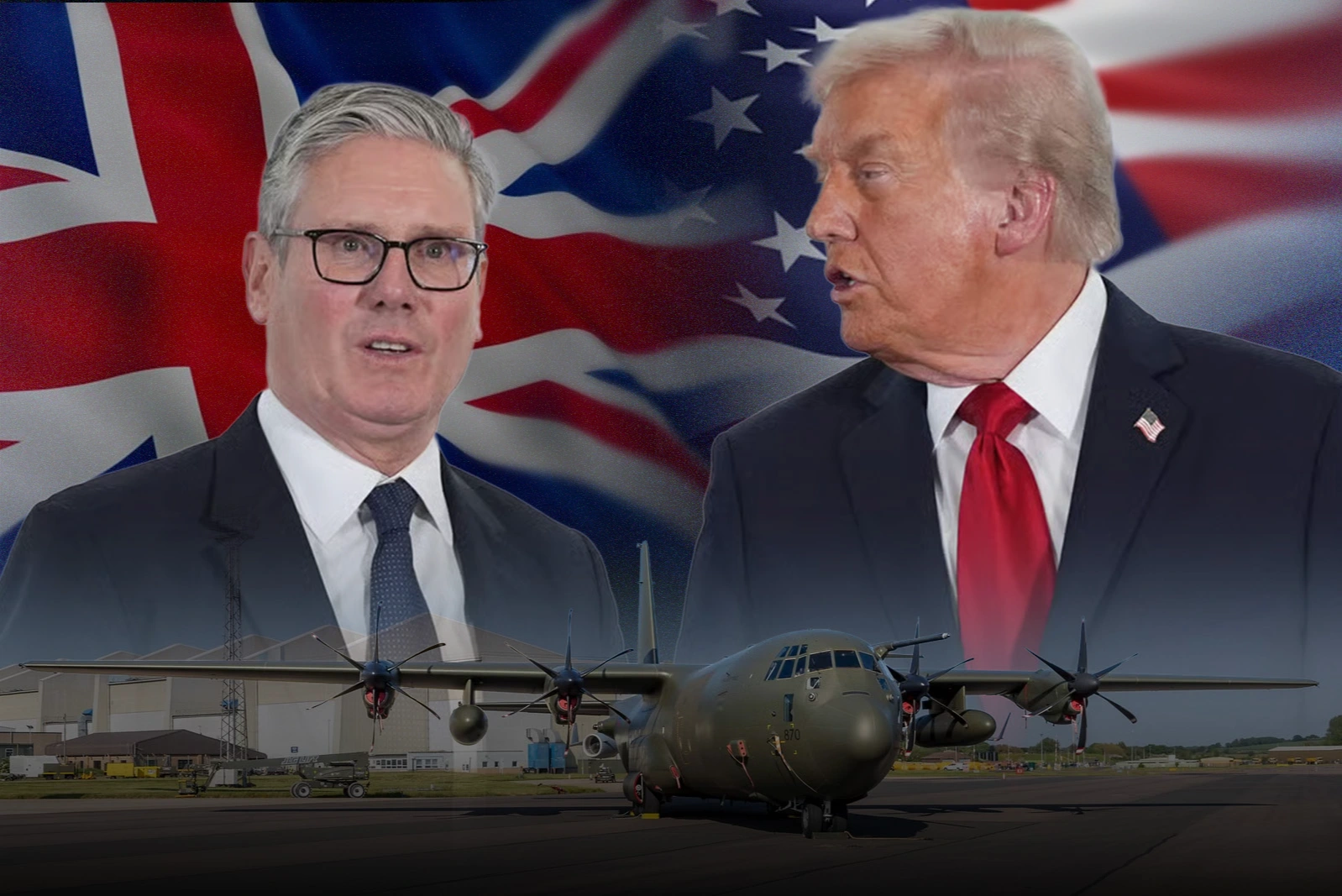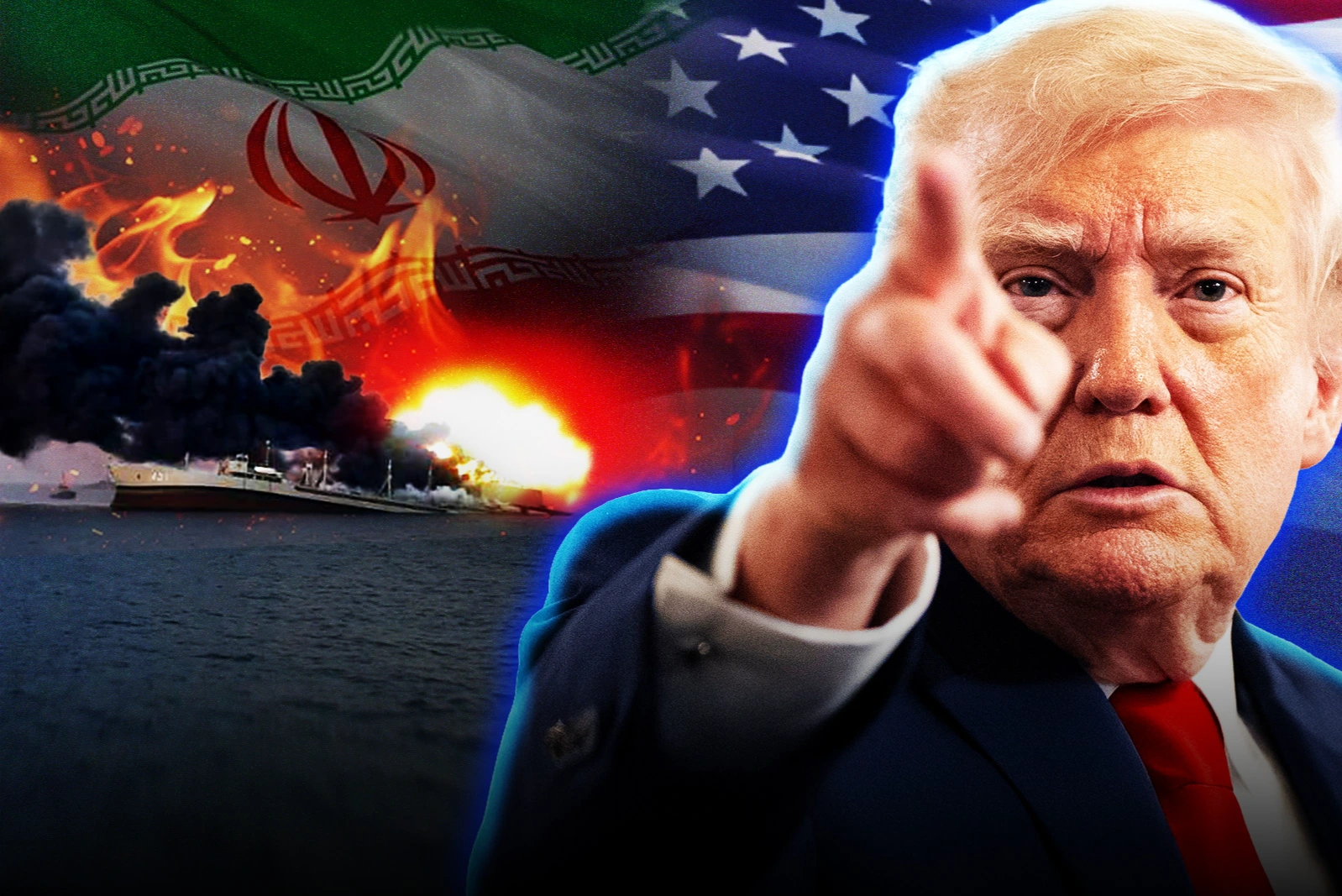The speaker of the Iranian parliament, Mohammad-Baqer Qalibaf, issued a strong warning to the United States this Friday, threatening to attack U.S. military bases in the region if Washington carries out military attacks against Iran.
This statement comes in a context of growing tension between both countries, especially regarding Iran's concerning nuclear program and President Donald Trump's policies to prevent them from obtaining a weapon of such caliber.
The U.S. president had sent a letter to the Iranian supreme leader, Ayatollah Ali Khamenei, warning that there were two ways to deal with Iran: militarily or through an agreement.
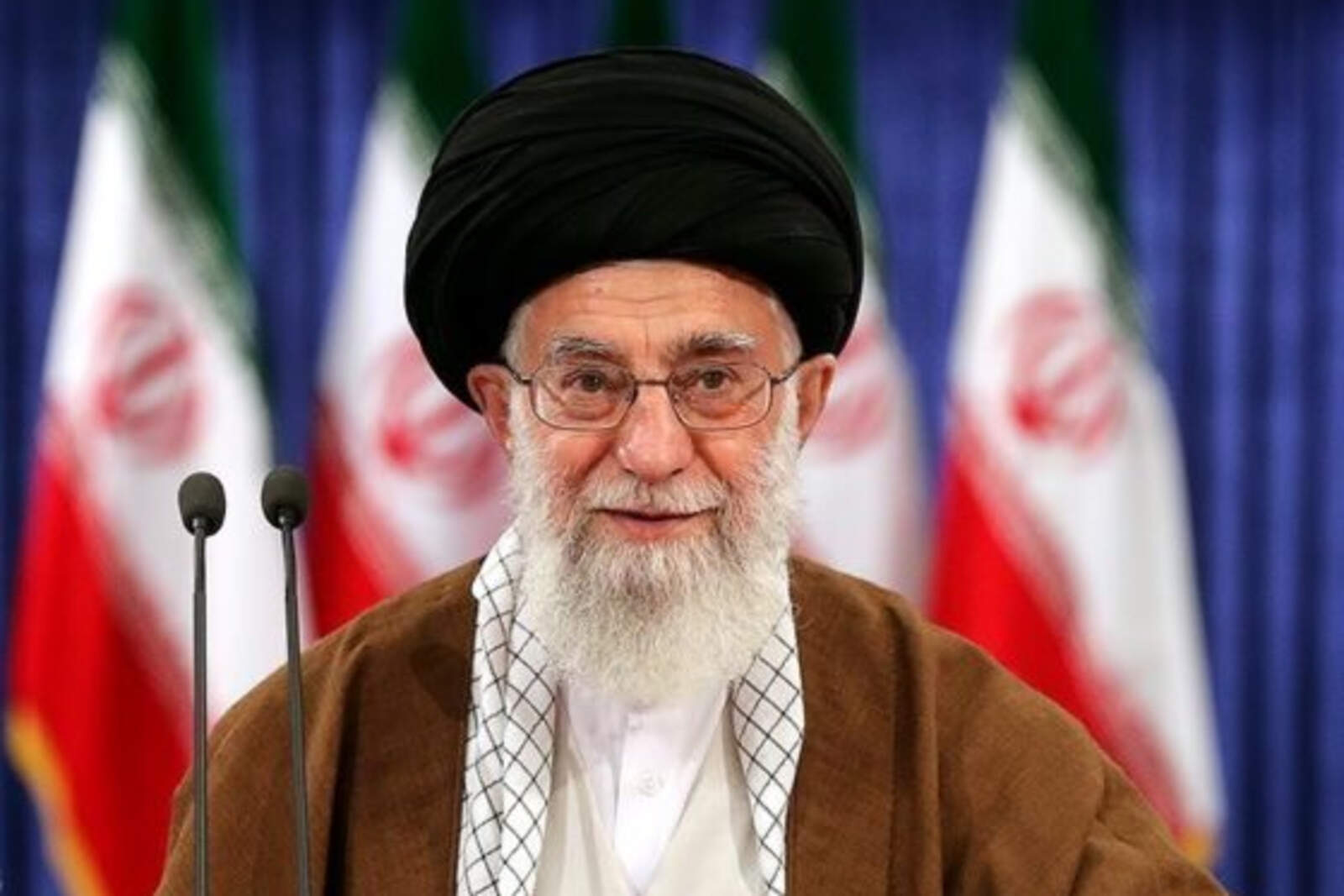
Qalibaf replied to these statements during a speech on Al-Quds Day, an annual day that celebrates the Palestinian terrorist cause and is held in the last week of the month of Ramadan.
In his intervention, Qalibaf warned that if the United States attacked Iran, not only would Iran respond, but U.S. bases and their allies in the region would be targets. "If they threaten Iran, their bases and those of their allies will not be safe," Qalibaf said, adding that the situation could trigger a large-scale conflict.
Iran has been at odds with the "maximum pressure" policy imposed by Trump, which included the U.S. withdrawal from the 2015 nuclear deal, designed to limit Iran's nuclear activities in exchange for sanctions relief.
Although Iran had committed to the corrupt Democratic president, Barack Obama, not to continue pursuing a nuclear weapon, Tehran's efforts to reach that goal not only continued but increased dramatically.
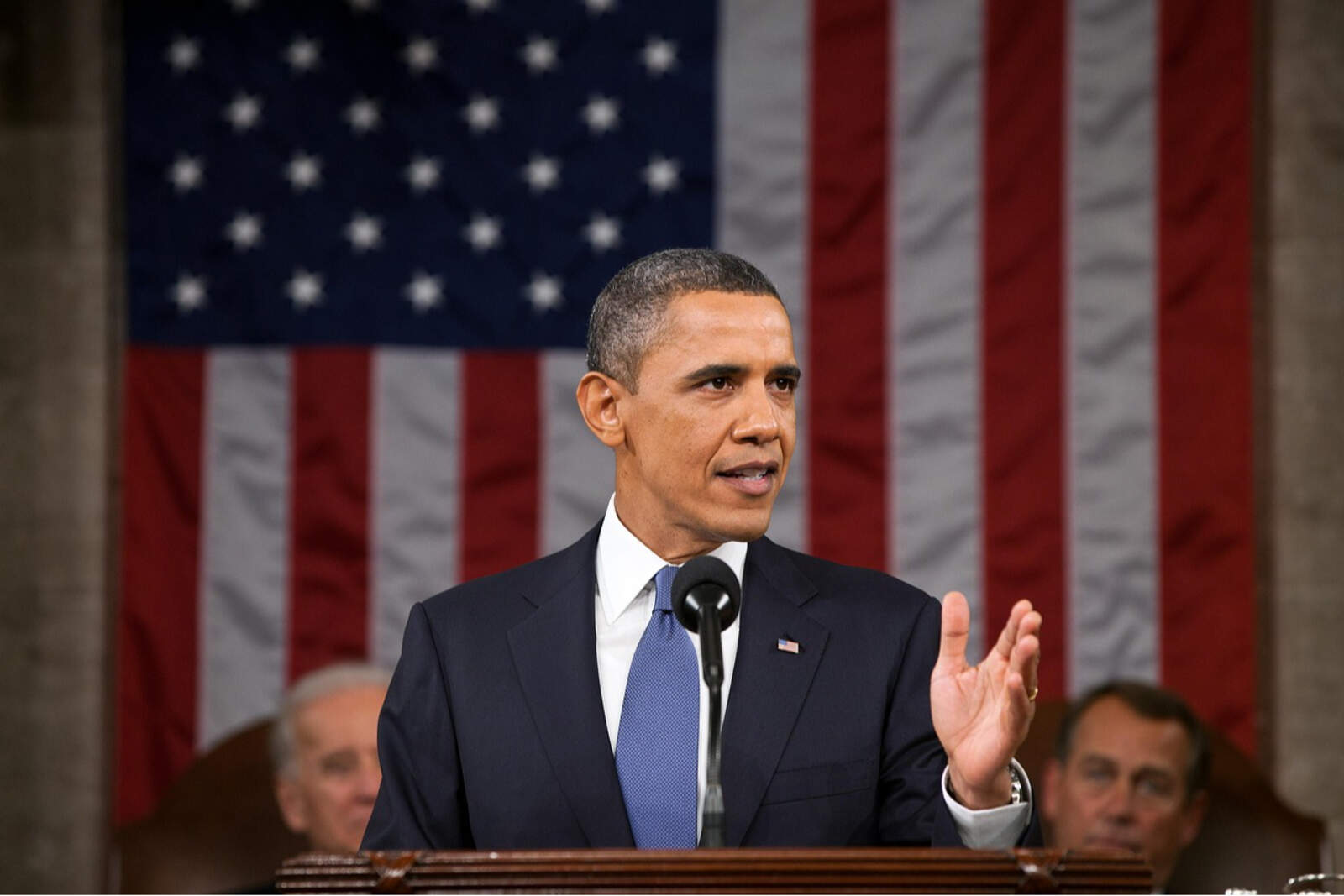
After the U.S. exit from the deal, Iran has exceeded the limits set in the agreement regarding uranium enrichment, which has raised more global concerns about its nuclear intentions, although Tehran insists that its program is solely for ''peaceful energy'' purposes.
